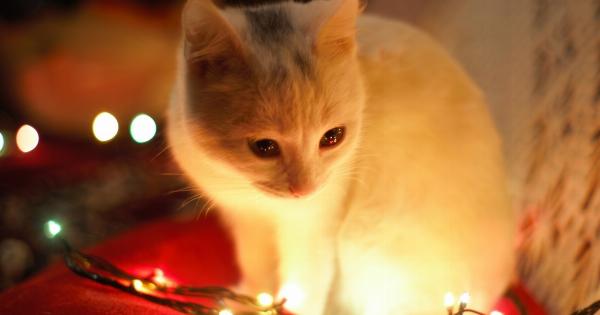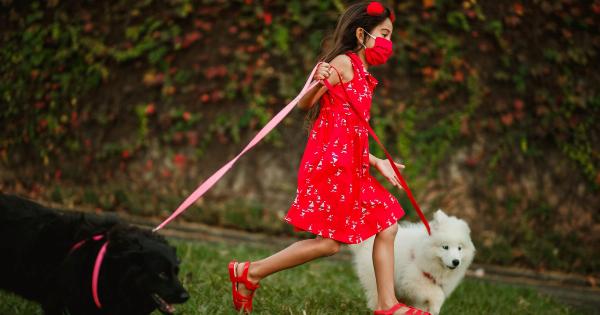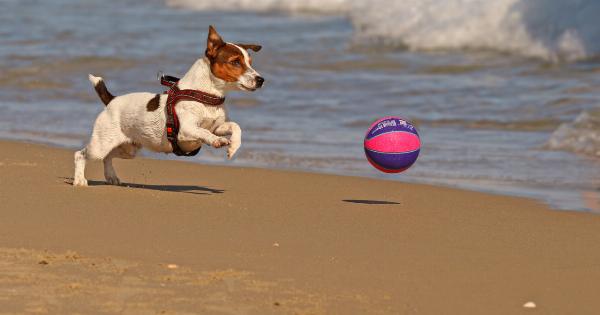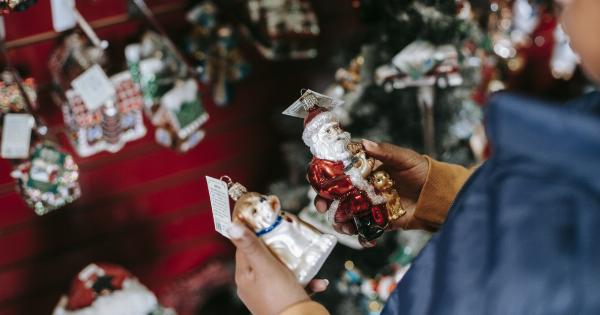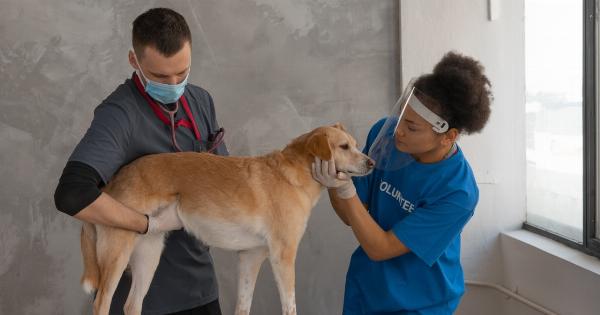The holiday season is a time of joy and indulgence, with many delicious dishes and treats being prepared and shared with loved ones.
As pet owners, it can be tempting to share these delectable delights with our furry friends, but it’s important to remember that some of our holiday table scraps can be harmful or even toxic to our pets. In order to keep our beloved companions safe and healthy during this festive season, it’s important to be aware of the foods that should be avoided.
In this article, we will discuss ten common table scraps that you should steer clear of feeding your pets during the holidays.
1. Chocolate
Chocolate is a beloved treat for many of us during the holidays, but it can be extremely dangerous for our pets.
The presence of theobromine in chocolate can lead to various symptoms in dogs and cats, including vomiting, diarrhea, increased heart rate, tremors, seizures, and even death. It’s vital to ensure that all chocolate treats are kept well out of reach of curious paws and noses.
2. Onions and Garlic
Onions and garlic are ingredients commonly found in various holiday dishes, but they can cause serious health issues for pets. These vegetables contain compounds that can damage red blood cells and lead to anemia in dogs and cats.
It’s important to be cautious and avoid feeding your pets any food that contains onions or garlic, including dishes like stuffing, gravy, and casseroles.
3. Grapes and Raisins
Grapes and raisins are another holiday staple that can be toxic to pets, particularly dogs. Consumption of these fruits can lead to kidney failure, which can be life-threatening.
Avoid letting your pets nibble on any fruitcake, mince pies, or other holiday treats that contain grapes or raisins.
4. Alcohol
Alcohol is often present in holiday cocktails and beverages, but it should never be given to pets. Even small amounts of alcohol can cause vomiting, diarrhea, difficulty breathing, tremors, and in severe cases, coma and death.
Make sure to keep all alcoholic beverages securely out of reach of your pets.
5. Nuts
Nuts like macadamia nuts, walnuts, and pecans should be avoided when it comes to sharing food with your pets. Macadamia nuts especially can lead to weakness, tremors, and an increased body temperature.
Ingesting any kind of nut can also cause gastrointestinal upset, including vomiting and diarrhea.
6. Bones
While it may be tempting to treat your pet to a special bone during the holidays, it’s best to avoid this practice altogether.
Bones, including cooked bones, can splinter and cause a range of issues such as choking, mouth injuries, gastrointestinal blockage, or even puncture the digestive tract. Opt for pet-safe chew toys instead.
7. Sage
Sage is a popular herb used in holiday dishes like turkey stuffing, but it can be harmful to pets if ingested in large amounts. It contains essential oils and resins that can cause stomach upset and even central nervous system depression.
If you’re preparing a meal that contains sage, make sure your pets are kept away from the kitchen and any finished dishes.
8. Avocado
Avocado may be a healthy and nutritious addition to our own diets, but it poses significant risks to some pets, particularly birds, rabbits, and guinea pigs.
Avocados contain persin, a substance that can cause stomach upset, vomiting, and diarrhea in these animals. Ensure that any guacamole or avocado-containing dishes are kept out of reach of your furry friends.
9. Xylitol
Xylitol is a sugar substitute commonly found in sugar-free candies, gums, baked goods, and desserts. It can be highly toxic to pets, even in small amounts.
Xylitol consumption can result in a rapid release of insulin, leading to low blood sugar levels, seizures, liver failure, and in severe cases, death. Be cautious and read ingredient labels carefully, as xylitol can be hidden in many products.
10. Fatty Foods
Fatty foods like ham, turkey skin, and gravy can cause serious health problems for pets. High-fat foods can lead to pancreatitis, a painful and potentially life-threatening condition characterized by inflammation of the pancreas.
It’s important to resist the urge to share these rich foods with your furry friends, and instead, provide them with pet-friendly treats that are specifically made for their consumption.
While it can be difficult to resist those pleading eyes and wagging tails, it’s essential to prioritize your pets’ health and well-being during the holiday season.
By being aware of the potentially harmful table scraps and ensuring that your pets aren’t able to access them, you can help to keep them safe from illness and injury. Remember, the best way to include your pets in the holiday festivities is by giving them lots of love, attention, and appropriate treats specifically made for their consumption.












